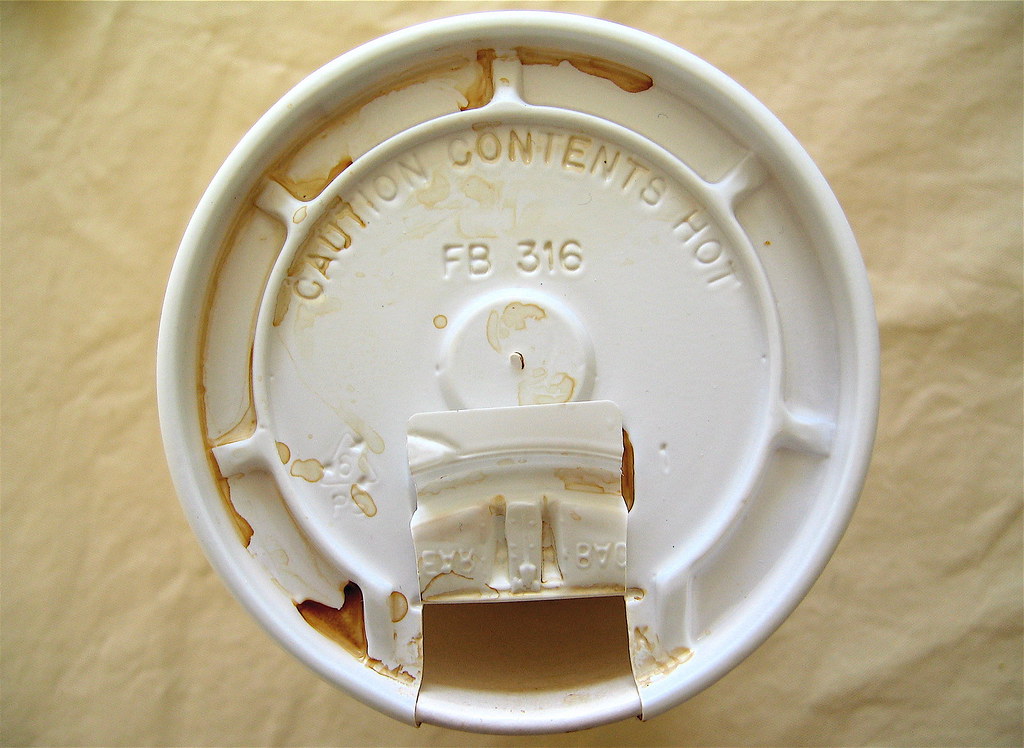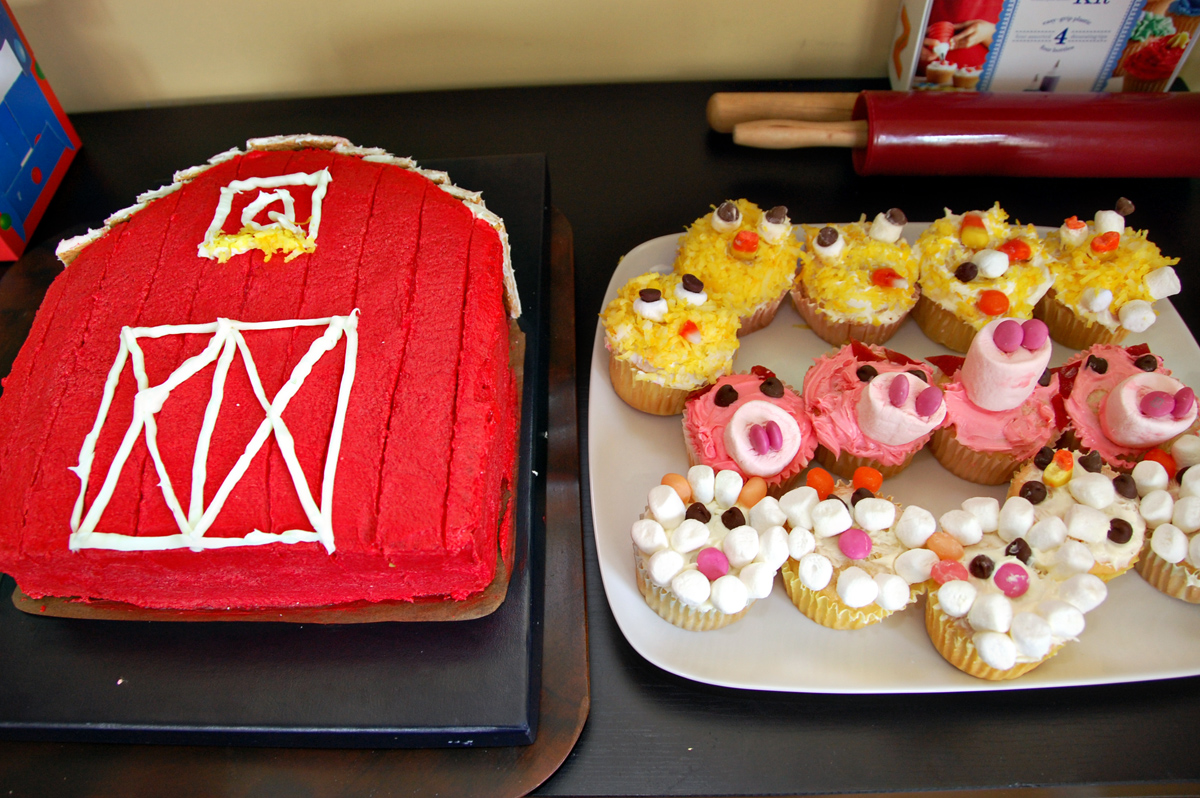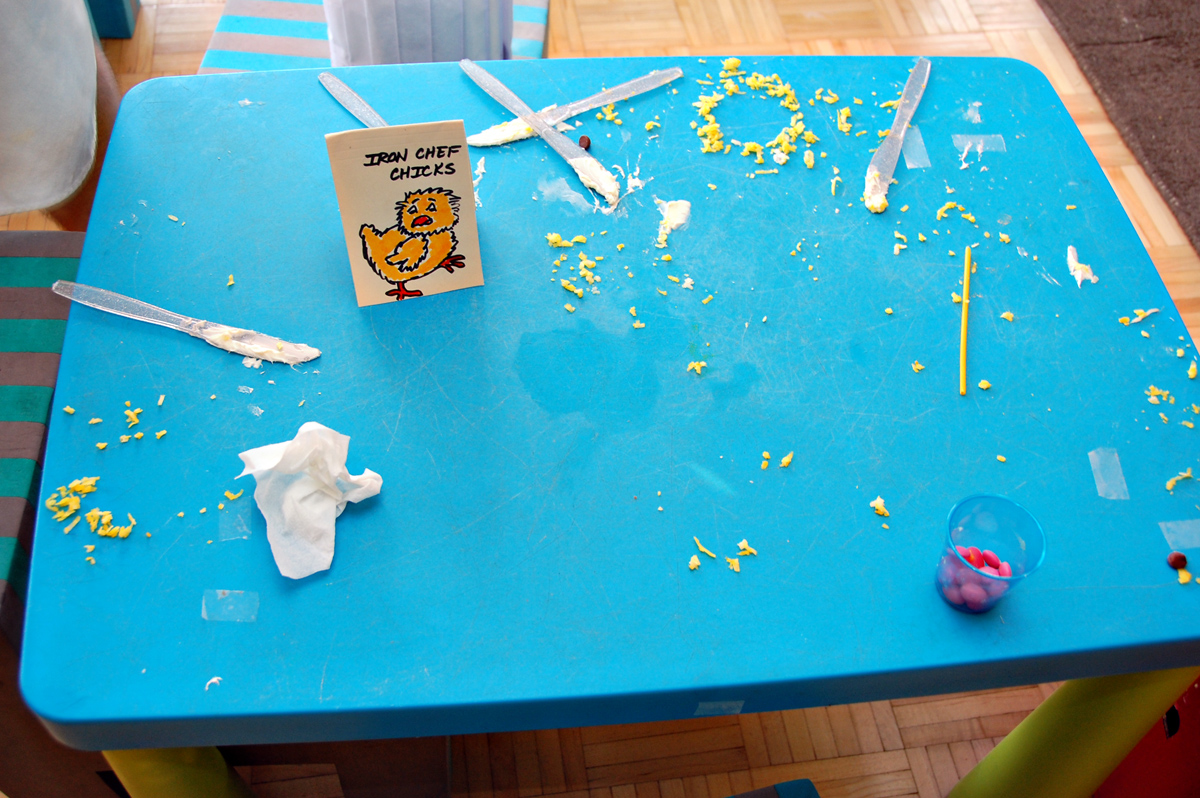I've been ruminating about stopping and quitting a fair amount more since then, mainly due to the excellent reactions and commiserations I received.* Seems I'm not alone in struggling both with not quitting and with failing to make much sense of why that is. All signs might point to giving up (jobs, habits, marriages, whatever), but a lot of us don't and don't exactly know why.
As I said before, I do think honest, straightforward reasons do explain some of the resistance to quitting—heavy investment (of time, money), say, and the general cultural conditioning against ever quitting anything. (We're told pretty much right away that nobody likes a quitter). Enjoyment might even have been derived from the thing, whatever it is.
But what about when the straightforward reasons just don't sufficiently justify sticking something out? And what about the not understanding? Part of what stalls me at this point, I think, has to do with not really knowing how to take my own reasoning about quitting.
Let me try to be a little clearer. I'm not the hugest fan of Malcom Gladwell,** but a recent article of his on espionage for The New Yorker nicely gets at the problem here. He begins with the story of "Operation Mincemeat," a bold and successful plan by the British in World War II to leak false information to the Germans about a pending Allied invasion. It's a fantastic tale told exceptionally well, and with a powerful lesson. Gladwell writes:
It is not just that secrets themselves are hard to fact-check; it's that their interpretation is inherently ambiguous. Any party to an intelligence transaction is trapped in what the sociologist Erving Goffman called an "expression game." I'm trying to fool you. You realize that I'm trying to fool you, and I—realizing that—try to fool you into thinking that I don't realize that you have realized that I am trying to fool you.Oddly enough, we spy on and fool ourselves, too. I'm sitting right here, so I'll use myself as an example. Why don't I just give up my academic research, such as it is, and get seriously going on some of the writing projects I've been meekly pecking away at for a while now? When I put myself on the couch I get to thinking that I probably fear what might happen if I actually made a real run at writing—that I might not get beyond sucking badly or (worse?) that I might not suck all that much but can't get anyone much to notice my not sucking. But then I think that these worries (that I might always suck or be always outside) is really me fooling myself into finding a way to stay between everything, to have more "could haves" to console myself when I get to wondering, in the end, about what happened. And then again, maybe I'm fooling myself with that, too.
However fractal-like this gets, I've learned that quitting can lead to good. I have seen a few of those close to me bloom after divorce, and others make themselves new when time demanded it. But anyway like just about every parent ever, I worry over what my kids see when they observe me (which they, like all kids, scarily do), even more so than what I say. I'd like them to use more "dids" than "should haves" if they wonder about me.
Will they know when to quit? Will I?
Will they know when to quit? Will I?
_______________________
*Thanks Twitter, Facebook, and blog-reading folk. I really appreciate the thoughts.
**The guy can tell a good story, but Blink was just awful.




